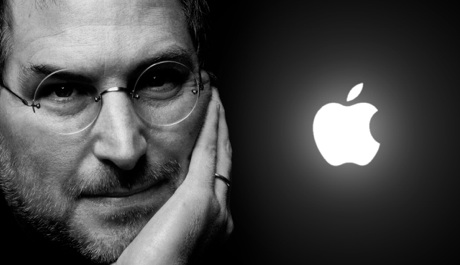Steve Jobs’ Devotion to Alternative Therapies and Diets

Over the Holiday break, I read Walter Isaacson’s masterful and absorbing biography of Steve Jobs. As his biography reveals, Jobs was a dark, complex and often deeply contradictory figure. “There are parts of his life and personality that are extremely messy, and that’s the truth,” Jobs’ wife told Isaacson at the start of his project.
Consider Jobs’ decision upon receiving the news from his doctors that he had a tumor on his pancreas. Attracted to Eastern mysticism and alternative diets since his teens, Jobs’ reaction was tragically tinged by denial and rejection of scientific advice.
How Isaacson tells the story:
To the horror of his friends and wife, Jobs decided not to have surgery to remove the tumor, which was the only accepted medical approach. “I really didn’t want to open up my body, so I tried to see if a few other things would work,” he told me years later with a hint of regret. Specifically, he kept a strict vegan diet, with large quantities of fresh carrot and fruit juices. To that regimen he added acupuncture, a variety of herbal remedies, and occasionally a few other treatments he found on the Internet or by consulting people around the country including a psychic. For a while he was under the sway of a doctor who operated a natural healing clinic in southern California that stressed the use of organic herbs, juice fasts, frequent bowel cleansings, hydrotherapy, and the expression of all things negative.
Jobs continued with these approaches for 9 months until a CAT scan showed that his tumor had grown and possibly spread. As Isaacson writes: “It forced him into reality.”
Even after he had surgery to remove the tumor, Jobs devotion to alternative diets likely impaired his ability to recover. As Isaacson tells it:
One side effect of the operation would become a problem for jobs because of his obsessive diets and weird routines of purging and gast that he had practiced since he was a teenager. Because the pancreas provides the enzymes that allow the stomach to digest food and absorb nutrients, removing part of the organ makes it hard to get enough protein. Patients are advised to make sure that they eat frequent meals and maintain a nutritious diet, with a wide variety of meat and fish proteins as well as full-fat milk products. Jobs had never done this, and he never would.




